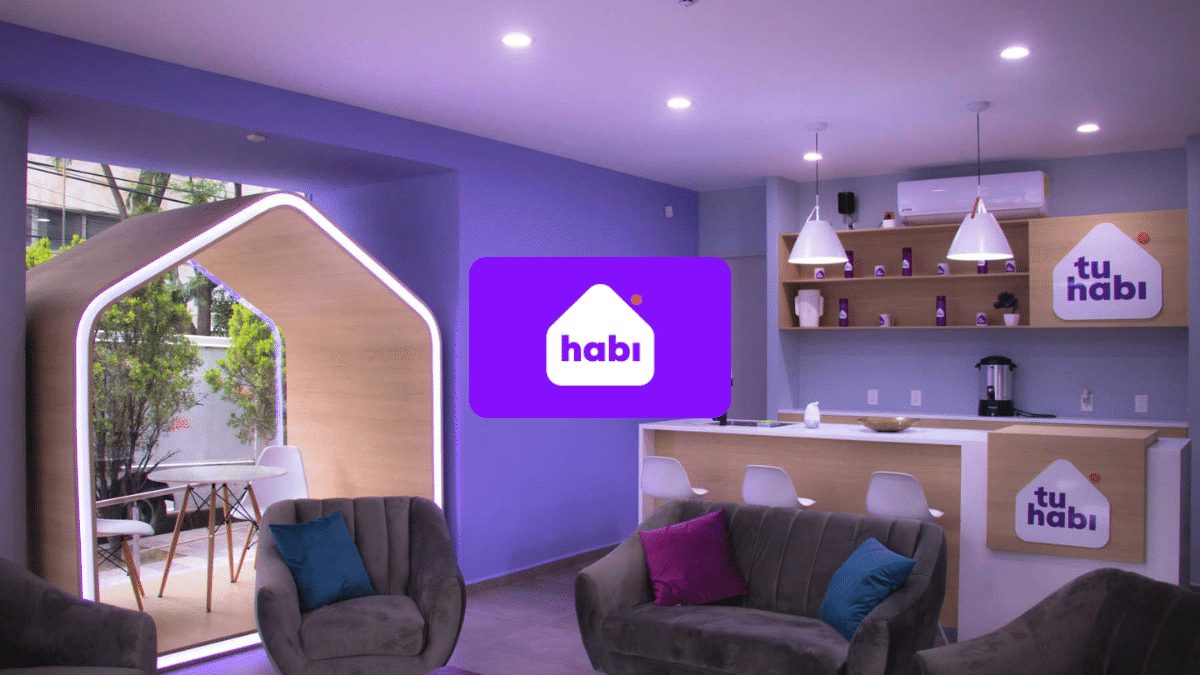Understanding Unicorn Companies: Why Strive to Be One?

Unicorn companies, a term coined by Aileen Lee in 2013, represent a phenomenon in the world of technology entrepreneurship. These companies, not listed on the stock market, achieve a valuation exceeding one billion dollars through private financing. In this article, we will explore what sets these companies apart, why they have become the dream of entrepreneurs, and present notable examples, including successful cases in Mexico and Colombia, as well as potential unicorns in Central America.
Characteristics of Unicorn Startups
Unicorn startups share certain distinctive characteristics:
- They are related to sectors such as Fintech, e-commerce, or services.
- They achieve a valuation of one billion dollars.
- They are funded exclusively with private capital.
- They are less than 10 years old.
Evolution of the Entrepreneurial Ecosystem
In the last two years, the number of unicorns has experienced exponential growth. CB Insights data reveals that in 2019 there were 310 unicorns worldwide, a figure that rose to 569 in 2020. Endeavor and Glisco Partners report that in 2021, startups received 15 billion dollars in investment. The Mexican Association of Private Capital highlights that private investment in startups in Mexico has grown 4.2 times in 2020.
Latin America positions itself as a leader in unicorn companies. Brazil leads the list with 23, followed by Mexico with 10. Argentina, Chile, Colombia, and Uruguay also have representatives. This phenomenon is attributed to the attractive Mexican market and the entrepreneurial culture in the country.
Successful Cases in Mexico: Stori
Stori, a Mexican Fintech, reached the coveted valuation of one billion dollars. It offers credit cards to the underserved population, demonstrating that financial inclusion can be profitable. The latest financing round of 150 million dollars, led by BAI Capital, GIC, and GGV Capital, boosted its valuation to 1,200 million dollars.
Experts and founders highlight adaptability and openness to change as fundamental to growth. Stori becomes a reference, emphasizing that solving key customer problems and prioritizing the user experience are essential factors.

Successful Cases in Colombia: Habi
Habi, the second unicorn startup in Colombia, achieved a valuation of one billion dollars through a 200 million series C investment. Since 2019, it has revolutionized the proptech sector, offering digital solutions for property buying and selling. Its rapid growth is attributed to user-centric attention and expansion to Mexico.
Habi stands out for three key characteristics:
- User Focus: Prioritizing the customer experience from the conception of the business to after the sale.
- Global Expansion: Rapid expansion nationally and internationally.
- Human Talent: Recognition that exceptional talent is essential for extraordinary results.

Potential Unicorns in Central America
Forbes identifies emerging brands in Central America with unicorn potential:
- Huli (Costa Rica): Virtual healthcare platform, crucial during the pandemic.
- Snap Compliance (Costa Rica): Innovative in cybersecurity and regulatory compliance.
- Propi (El Salvador): A Proptech that digitizes real estate processes.
- PayCaddy (Panama): Regional leader in financial transformation, offering innovative payment solutions.
Although these companies have not yet reached unicorn status, they contribute significantly to business growth in the region.
The world of unicorn companies is constantly evolving, with inspiring cases in Mexico and Colombia and promising candidates in Central America. The formula for success seems to include a user-centered approach, global expansion, and a talented team. These companies are not only a symbol of innovation, but also economic engines that transform the way we do business and live our lives.




